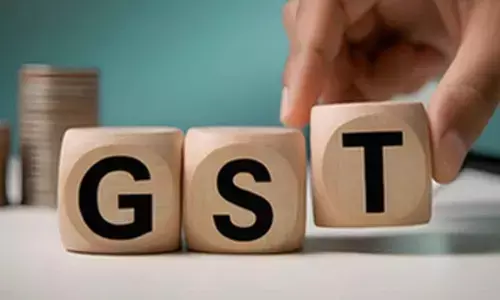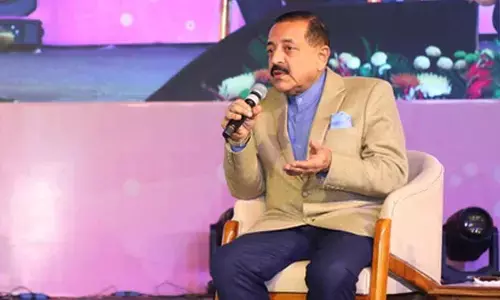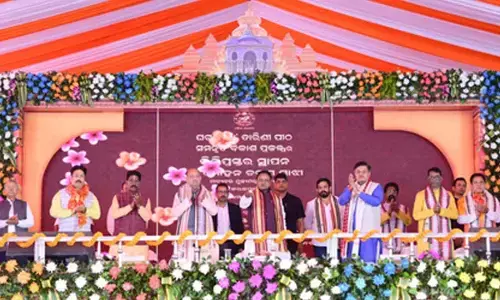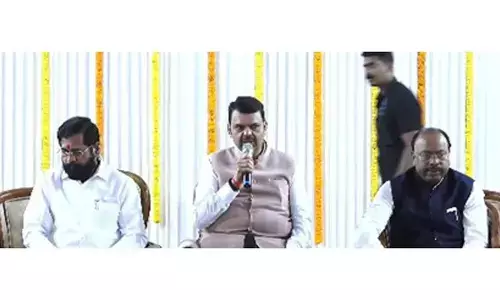Are trade unions as schools of revolution relevant today?
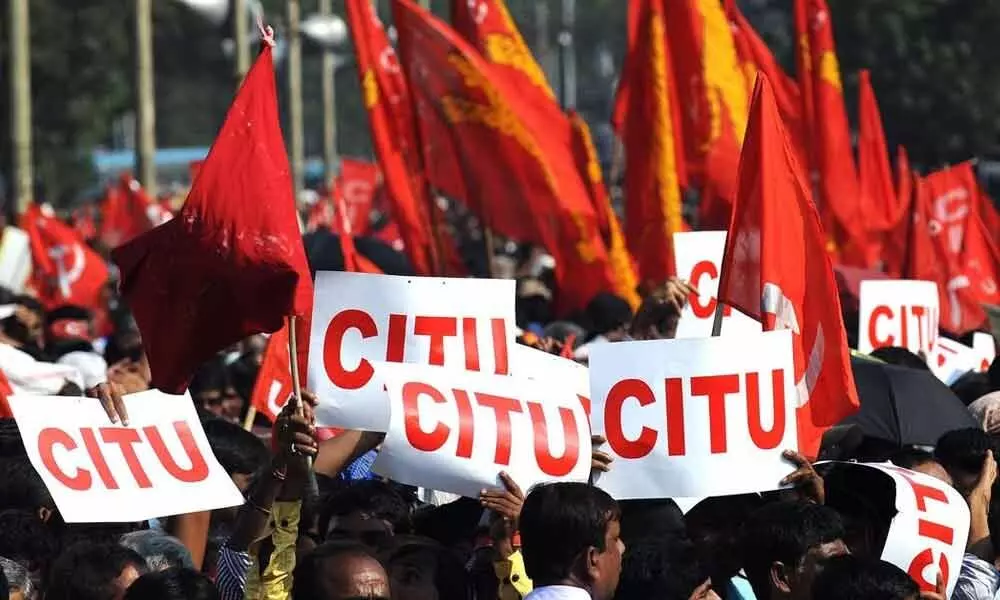
Are trade unions as schools of revolution relevant today?
As the Covid-19 pandemic sweeps the globe, denting economies and devastating medical infrastructures, the role of the trade union movement in India and its widely accepted irrelevance in the changed circumstances, merits a deeper analysis.
What is the role of trade unions in a new globalised, privatised and liberal socio-economic order that seems to have found popular acceptance in most emerging societies?
Looking at the long queues of litigants at the labour courts, it would appear that trade unions have lost the will to fight it out in the field with strikes or direct action. They now prefer to get engaged in protracted disputes settled by litigation committees or tribunals.
"The reality is that in the new so-called liberal economic order, the workers are totally at the mercy of the employers who can fire anyone at will. Job security is an outdated concept. With most government departments these days outsourcing services, the bargaining power of unions has been drastically reduced," says Abhinay Prasad, president of the Self-employed Workers and Vendors Association, of Agra.
In a country populated by farmers and an unorganized workforce, the relevance of celebrating May Day remains highly questionable, if not amusing, adds former trade union activist Shravan Kumar Singh.
"Who is fighting whom? Trade unions as 'schools of revolution' is a dated concept. The leftists these days feel left out from all spheres of public discourse. They hardly have any contribution to make in a system where roles are not clearly defined and the economic classes not clearly segregated, as Marx would have wanted," Singh added.
As the number of self-help employers is going up steadily, it becomes difficult to decide who is exploiting and who is being exploited.
"But our fight is chiefly against the government agencies and the police who harass and often turn to exploiting vendors or petty shopkeepers," says an ageing trade union leader.
"Trade unions everywhere are losing their revolutionary character and are seen degenerating into litigation committees, striking deals and bargains with management. Their preoccupation is no longer waging a class struggle or sharpening the political consciousness of their members but winning small mercies from the establishment," opines a former left-leaning commentator Paras Nath Choudhary.
Strikes are no longer in fashion. This is because trade union leaders are now members of the management boards, with a responsibility to keep the wheels of industry running in their collective self-interest, adds Ram Kishore, president of the Socialist Foundation.
"These days we do not see any effort by the working class to wage a relentless struggle for restructuring society according to Marxist thinking. Karl Marx visualised that the working class would eventually become the vanguard of the socialist revolution, with trade unions acting as the organising centres for uniting the forces of workers competing with one another and to give them elementary class training.
But experience has shown that these institutions have emerged neither as independent centres of power nor as schools of socialism and solidarity.
Of late we have seen a tendency of most unions to appear "apolitical". Many have refused to make political statements that could lead to a change of governance. Union leaders do not realise that the genuine interests of workers lie not so much in the percentage of dearness allowance or gain in salary structures but in the real purchasing power of money which depends on the political and economic policies of a government.
In practical terms, the main function of union leaders is to "keep the fellows in order" to help keep the industrial wheel running at any cost. It is not surprising therefore that in the industrialised West, trade unions are considered an extremely vital part of the establishment and involved in the decision-making process.
Today's grim reality is that as institutions of labour activism, they cannot challenge the system or even question the existence of a society based on a division of classes. The history of the trade union movement in India proves that the unions can never be a vehicle of advance towards socialism. They are tied to capitalism and therefore cannot transform or rebel against the given system.
The isolated case of a big union's involvement with the changing of the system was the 18-day long railway strike in 1974 by George Fernandes that hastened or created conditions for the imposition of emergency.
Clearly, the trade union movement is at a crossroads. It has to redefine its agenda and its ideological parameters. Organising rallies to promote sectarian interests is one thing, but getting involved with a larger struggle to usher in socialism and leading the working class to dismantle the feudal-capitalism complex is quite another.
Trade Union leaders no longer want to play a political role. The old model of a trade union always being in conflict with the establishment has changed. Now there is close coordination and co-existence. This has put the ordinary worker in a permanent state of tension and uncertainty.
The labour class can not afford to fight as alternatives are no longer available, due to the shrinkage of the job market and the economy not really looking up. Clearly, the trade union movement is at a crossroads. It has to redefine its agenda and its ideological parameters. Organising rallies to promote sectarian interests is one thing, but getting involved with a larger struggle to usher in socialism and leading the working class to dismantle the feudal-capitalist complex is quite another.









